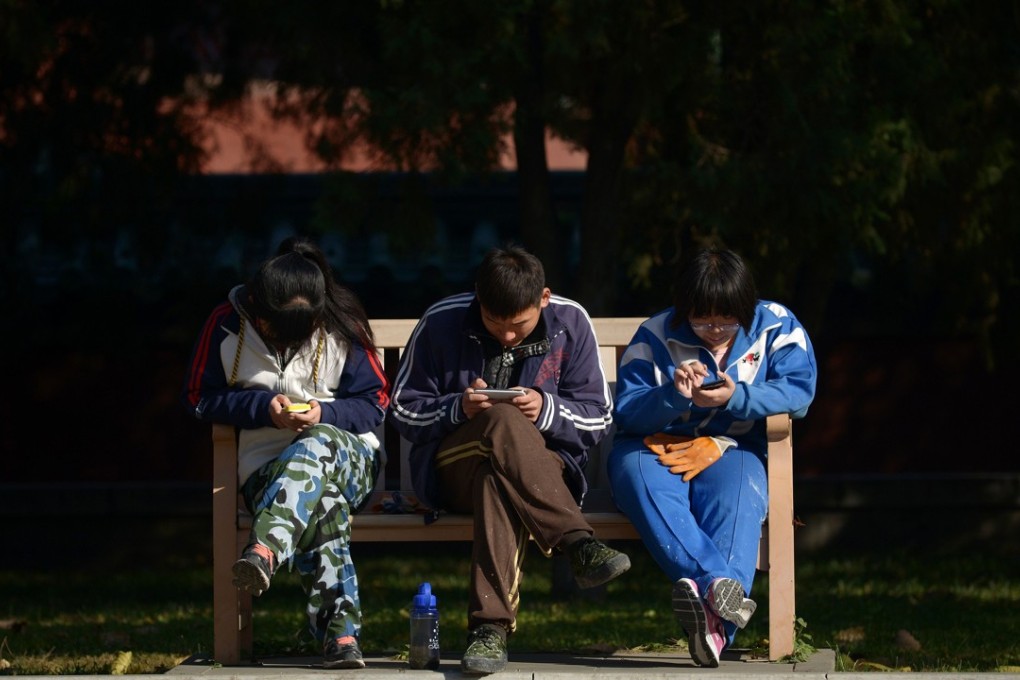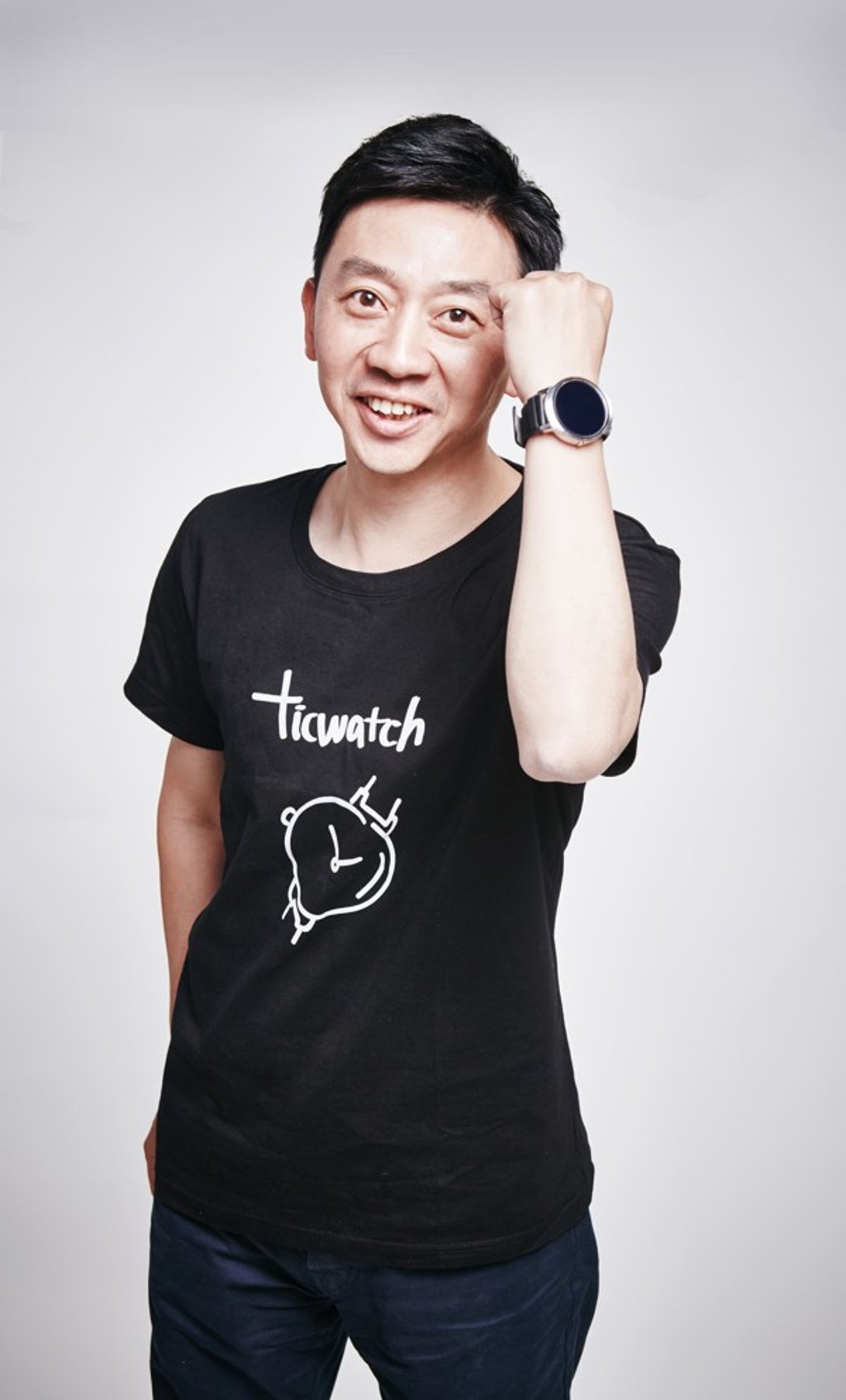Chinese developers pile in for the Next Big Thing in tech: voice-activated smart speakers
China’s tech companies are betting billions of research and development dollars that the next hit will be a successful version of the voice-activated home bot powered by artificial intelligence (AI), in the style of Apple’s HomePod, or Amazon’s Echo.

What’s the Next Big Thing in technology, after the smartphone?
China’s technology companies are betting billions of research and development dollars that the next hit will be a successful version of the voice-activated home bot powered by artificial intelligence (AI), in the style of Apple’s HomePod, or Amazon’s Echo.
Even though these products aren’t yet available in the most populous nation on earth -- Apple’s HomePod is scheduled for worldwide release this autumn -- more than 100 Chinese companies are already jumping into the fray to launch their version of the home bot.
“When we announced in April our plan to unveil our first smart speaker in the third quarter, we thought we would be one of China’s first,” said Li Zhifei, founder and chief executive of Mobvoi, a five-year old Chinese startup backed by Volkswagen and Google. “ We didn’t expect to see more than 100 companies entering the market in the past four months. We’ve now become one of the late movers.”

China is already the largest market for smartphones on the planet, with 538.2 million handsets sold last year, valued at US$133.5 billion. Analysts say the Next Big Thing will be even bigger.